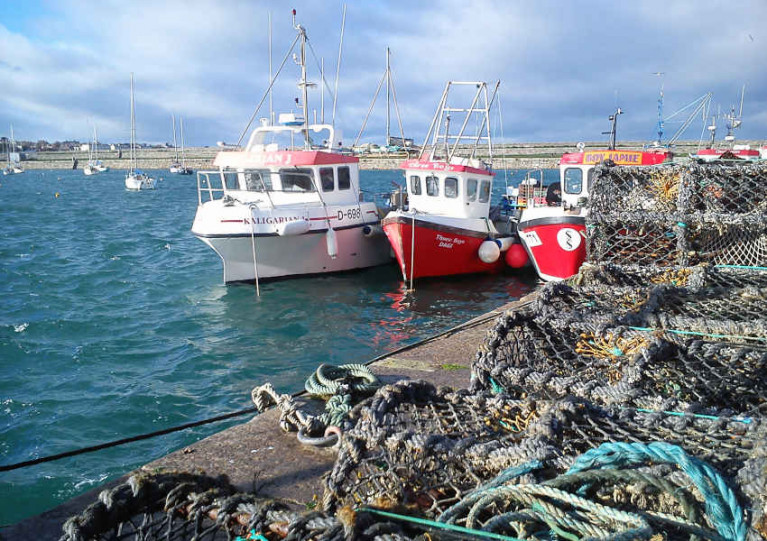Displaying items by tag: IFISH
New Technologies May Help Fishing Skippers Avoid Unwanted Catches
Scientists at the Marine Institute are investigating how new technologies could be used to share real-time information and help fishing skippers avoid unwanted catches.
The IFISH (Irish Fisheries Information Sharing Network Development) project, funded by the Science Foundation Ireland, is encouraging fishers to participate and assist in developing a useful information-sharing tool for the industry.
New technology is increasingly being used to assist skippers avoid unwanted catches, but is yet to be used in Irish fisheries.
Co-operative schemes and mobile phone applications are being developed in fisheries across the world from the USA to Scotland, to help skippers receive up to date information on the location of fish, to assist in avoiding juvenile or quota limited species.
The new BATmap app, for example, is being trialed by Scottish fishers to help avoid choke species in west of Scotland fisheries.
IFISH will build on the research conducted as part of the DiscardLess project, which resulted in the development of a discard hotspot mapping app.
The project will move beyond producing static maps of fish distributions based on historic catch patterns and look at how information sharing among the Irish fleet could help provide real-time information on the location of fish that fishers don’t want to catch, such as undersize juveniles.
Julia Calderwood, scientist at the Marine Institute, said: “At this early stage of the project, we are really keen to talk to anyone who is willing to share their experiences and opinions on how effective different fishing tactics are at avoiding unwanted catches, as well as how sharing information on the location of unwanted catches may potentially help in further avoiding them.”
Industry involvement in the IFISH project is key to help co-design information sharing tools and ensure they are developed to assist in avoiding problematic catches, whatever they may be locally or within particular fisheries.
By working with partners in a number of different fisheries, it will also be possible to set up separate information sharing networks in different fisheries or regions, rather than taking a broad approach.
“Industry input is really important to help shape this research so that we can ensure that we are addressing industry needs and concerns and to ensure any output from this work is useful and relevant,” Calderwood added.
The use of any developed tools will be completely voluntary, with skippers only taking part if they feel it would be useful, and all information shared would be private and only available to skippers using the tool.
For more information or to participate in the IFISH project, contact Julia Calderwood at [email protected]

























































